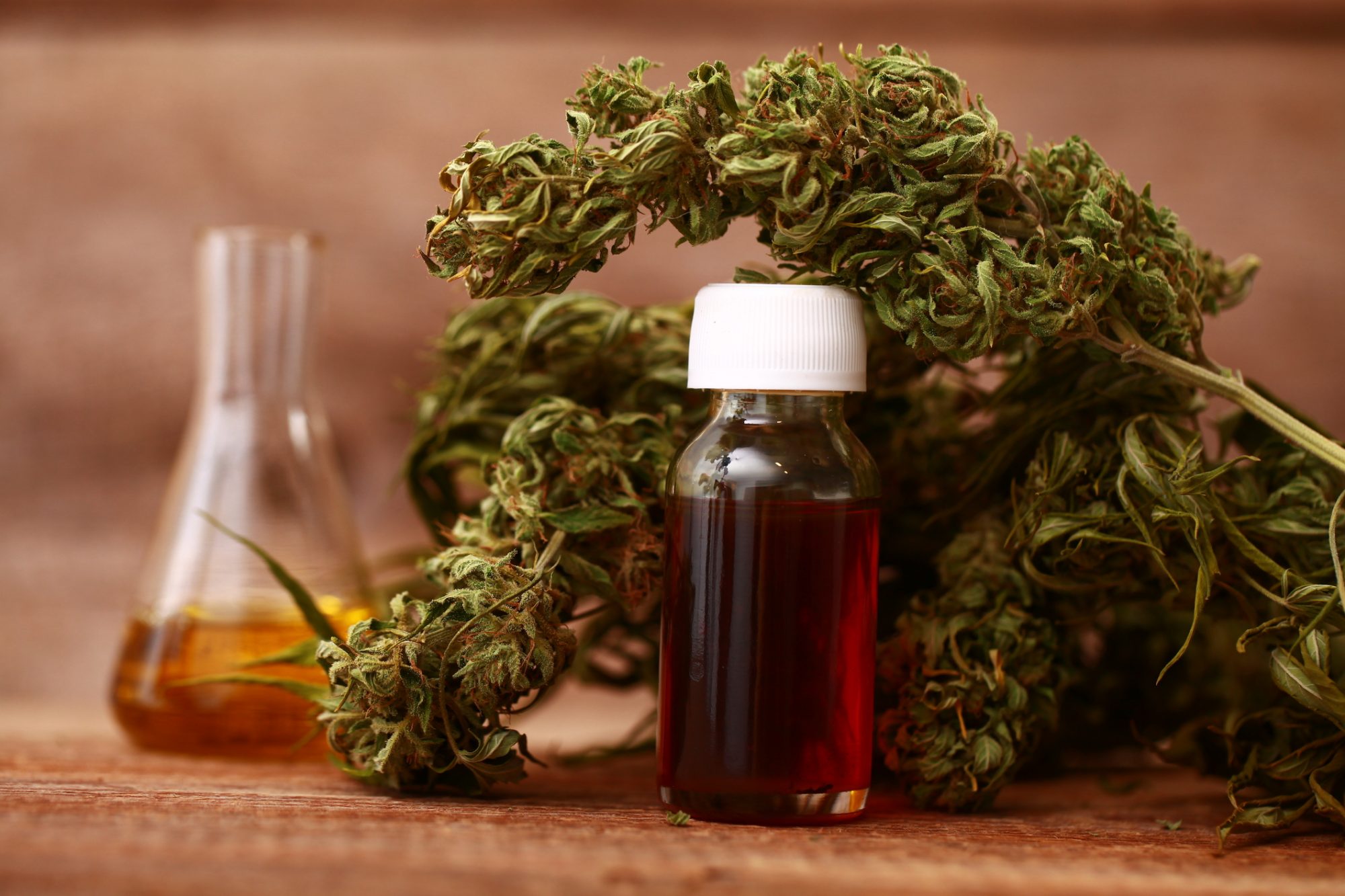There is an increasing body of evidence indicating to the benefits of CBD oil derived from medical Cannabis sativa plant. CBD oil / hemp oil has been proven in studies to have anti-inflammatory and seizure-suppressive qualities, as well as the capacity to alleviate social anxiety.
Outside of Australia, some governments around the world have begun to legalize the use of cannabidiol (CBD) within their borders. Following the enactment of The Cannabis Act, which legalized adult-use cannabis, hemp-derived and marijuana-derived CBD are now available in all provinces across Canada.
The European Union (EU) has also created hemp-derived CBD oil regulatory rules, permitting hemp cultivation as long as the THC concentration does not exceed 0.2%. A number of South American countries have also relaxed restrictions on CBD oil and, more broadly, medical marijuana.
CBD products can currently be imported into Mexico and Brazil for specific medical illnesses, while other nations, such as Chile, have already created full-scale medical marijuana programs.

Despite rising awareness and recognition of CBD’s potential advantages, fears regarding the cannabinoid’s ability to promote addiction persist. This could be due to a mix-up of non-intoxicating CBD and its intoxicating equivalent, THC.
CBD lacks the intoxicating effects of THC due to the way it interacts with receptors in the body’s endocannabinoid system. In fact, CBD essentially prevents THC from accessing those receptors present throughout the neurological system, limiting some of THC’s effects.
Is CBD Oil Addictive?
CBD oil has been used consistently in the treatment of conditions such as chronic pain, anxiety disorders, cancer treatment, multiple sclerosis, post traumatic stress disorder, and for other health benefits. To know more about buying CBD oil in Australia and other hemp seed oil benefits, you should book a consultation session with a professional from Chronic Therapy today.
Scientists believe CBD’s potential for abuse is restricted because it does not induce the high associated with THC. A study published in the Journal of Drug and Alcohol Dependence in March 2017 looked into the details of a prior trial in which researchers delivered various oral quantities of CBD to habitual marijuana users alone and in combination with smoked marijuana.

In this study, the researchers discovered that CBD had the same risk of misuse as the plant.
According to a 2011 study, CBD has a higher safety profile than THC and other cannabinoids. Human volunteers tolerated high dosages of CBD of up to 1,500 mg per day, according to the researchers. CBD did not impair motor or psychological abilities, nor did it affect heart rate, blood pressure, or body temperature when compared to THC.
Because THC can be addictive and many CBD products include various levels of THC, whether CBD oil is addictive can vary depending on where the CBD originates from.CBD oil can be obtained from hemp or marijuana. CBD extracted from hemp contains little to no THC.
Cannabis plants that produce CBD are classified into two types: marijuana and hemp plant.
CBD extracted from hemp plants has little to no THC (less than 0.3% according to federal law in the United States) and hence should not put a person at risk of experiencing cannabis withdrawal symptoms caused by higher THC ingestion.
CBD obtained from marijuana is taken from marijuana plants, which are often grown for their psychoactive qualities. Unlike hemp-derived CBD, marijuana-derived CBD oil frequently contains THC levels that exceed the federal 0.3% limit.

If the CBD oil contains unusually high quantities of THC, an individual may experience cannabis withdrawal symptoms if used excessively. CBD oil with THC levels more than 0.3% is only accessible in states where medicinal or adult-use cannabis is allowed.
While all indications point to CBD not being addictive, someone who consumes excessive amounts of CBD on a daily basis may face negative effects.
While CBD does not have the same addictive properties as THC, someone who takes large amounts of CBD on a daily basis may have negative effects such as changes in sleep, inflammation, and anxiety if they stop abruptly.
While it is feasible to avoid THC while using a CBD product, the combination of CBD and THC is known to cause an entourage effect, which increases medicinal benefits while decreasing undesirable side effects.
In a 2010 trial involving cancer patients, researchers discovered that the combination of THC and CBD was more efficient in alleviating pain than the THC and placebo combination.
Using CBD Oil to Fight Addiction
CBD may also be utilized to help offset the negative effects of THC, such as cannabis withdrawal symptoms, according to research. In a 2013 study, researchers gave CBD to a 19-year-old woman with cannabis withdrawal syndrome for ten days, which effectively reduced withdrawal symptoms.
Another study, published in Neuropsychopharmacology in 2010, looked at 94 cannabis users to explore what influence CBD-to-THC ratios played in reinforcing drug effects and implicit attentional bias to drug cues.
The study discovered that smokers of high-CBD strains had decreased attentional bias to drug and food stimuli, as well as lower self-rated like of cannabis stimuli, when compared to users of low-CBD strains. The researchers concluded that “CBD has potential as a treatment for cannabis dependency” and that it may be used to treat other addiction illnesses.
Existing research also suggests that CBD oil may aid in the prevention of addiction to other harmful substances such as tobacco or opioids. A 2013 study published in Addictive Behaviors investigated the efficacy of CBD as a method of reducing tobacco cigarette usage.
Researchers observed 24 tobacco smokers and gave half of them a CBD inhaler and the other half a placebo, advising them to use the inhaler when they felt the need to smoke. Over the course of a week, those given CBD reduced their cigarette consumption by 40%, whereas those given a placebo showed no discernible improvement.
CBD oil has also shown promise in reducing the usage of other addictive substances. Researchers gave CBD gel to lab rats that had a history of voluntary alcohol or cocaine use and displayed addiction-like behavior in a preclinical animal study.
The study revealed that CBD was helpful in reducing drug usage in rodents, as well as in reducing frequent side effects of drug addiction, such as anxiety and impulsivity.
In human models, this non-intoxicating cannabinoid has also showed promise. A study published in the American Journal of Psychiatry in May 2019 discovered that CBD may be useful in lowering cravings linked with heroin addiction.
The researchers recruited 42 adults who had been using heroin for an average of 13 years to perform the study.
The subjects were placed into three groups: one that received 800 milligrams of CBD, another that received 400 milligrams of CBD, and third that received a placebo. When compared to the placebo group, those who were given CBD experienced considerably less craving and anxiety as a result of the drug signals.

Side Effects of CBD Oil
While CBD does not create the same intoxication effects as THC, it is crucial to evaluate any CBD oil side effects.
According to a nonprofit academic medical center in the United States, CBD consumption has the potential to cause side effects such as dry mouth, diarrhea, decreased appetite, tiredness, and fatigue.
Researchers from the University of Arkansas for Medical Sciences discovered that CBD increased the risk of liver toxicity in a study on CBD hepatotoxicity in lab mice. The seizure medicine Epidiolex, the only FDA-approved CBD medication on the market at the moment, has some negative effects that are comparable to those of other hemp-derived CBD medicines.
CBD has been shown to be useful in lowering drug use as well as frequent side effects of drug addiction, such as anxiety and impulsivity.
The majority of CBD oil side effects, such as drowsiness and weariness, are identical to hemp oil side effects, despite the fact that this hemp fiber-derived product does not typically include either CBD or THC.
CBD’s withdrawal effects should be mild due to its low potential for addiction and abuse. However, each individual must assess the potential risks against the advantages for themselves.
CBD Oil and Interactions with Medications
Another source of concern is that CBD may have a detrimental effect on certain prescription drugs, such as blood thinners.
A 1993 study discovered that CBD inhibited cytochrome P450 enzymes, which are responsible for removing 70% to 80% of prescription medicines from the system.
CBD inhibited the breakdown and metabolization of these enzymes in the liver, according to the researchers. While this obstruction may allow patients to take lower doses of prescription medications, it may also result in a hazardous buildup of pharmaceutical substances in the body.


